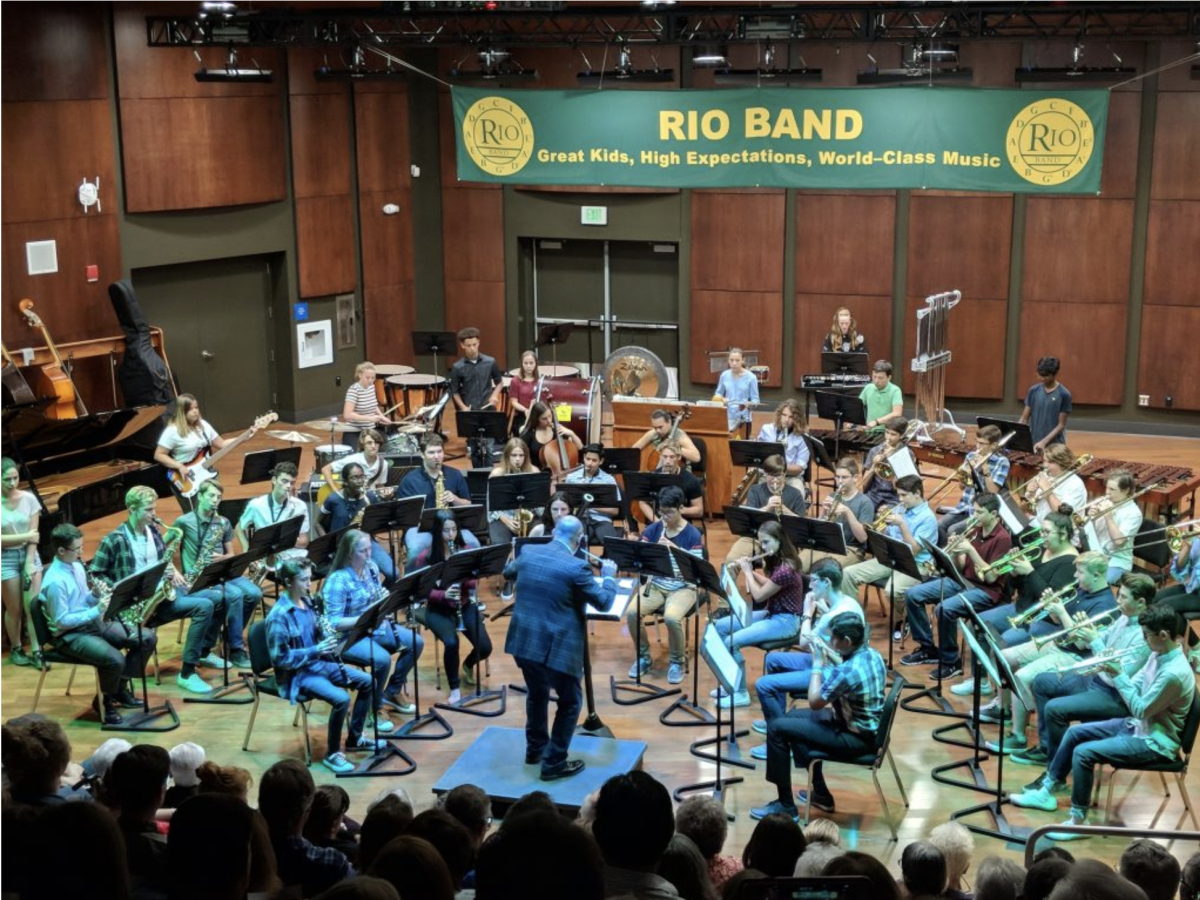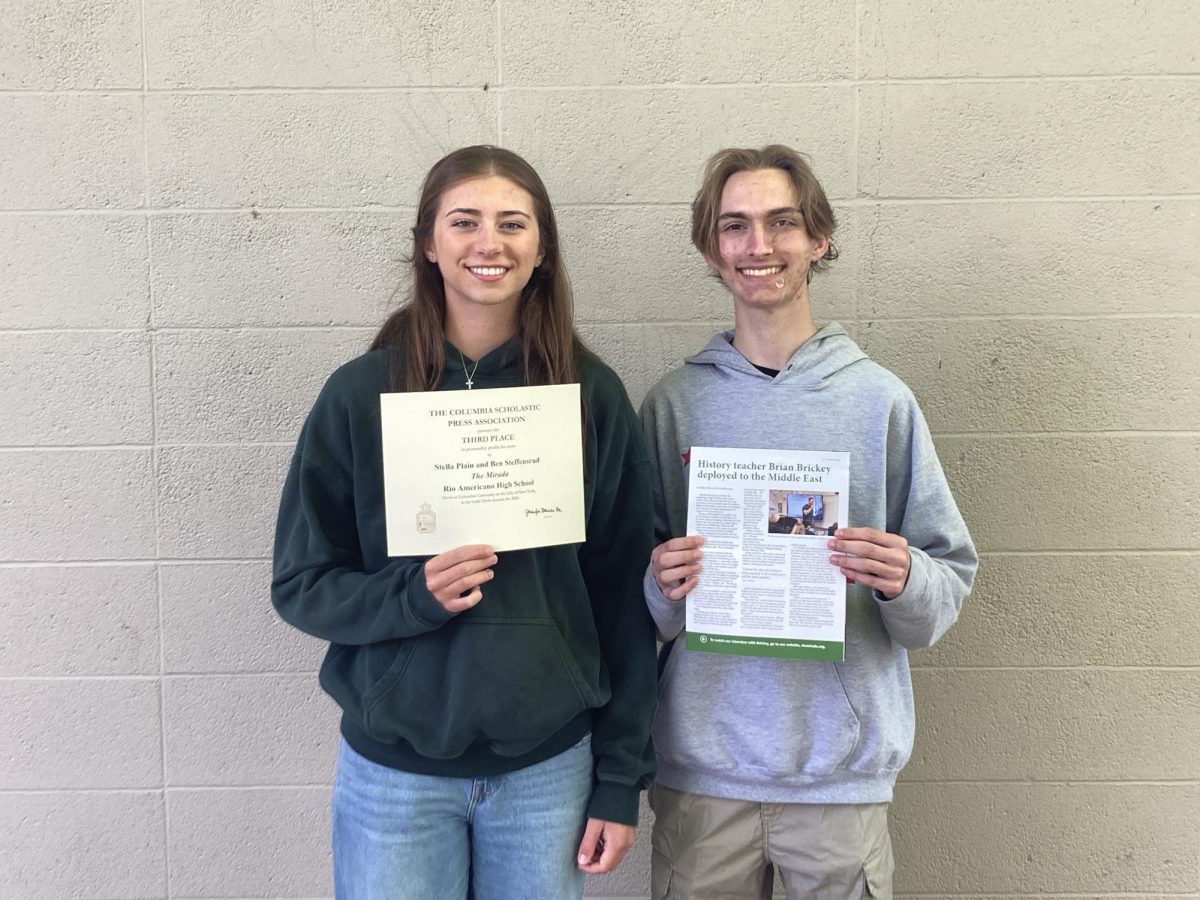The Word of the Year is a Real Shot in the Arm
If it seems like way too many conversations wind up being about Covid vaccines–or vax, as it is often shortened–take comfort that dictionary editors have noticed, too.
Merriam-Webster had named “vaccine” its word of the year for 2021, while the venerable Oxford English Dictionary went with the pithier “vax.”
Editors of the Merriam-Webster dictionary chose their word of the year for a variety of reasons, with one being that lookups of the word “vaccine” increased 601% from 2020. Though not everyone who talks about vaccines necessarily refers to Covid, the pandemic definitely put a spotlight on the word.
“For many, the word symbolized a possible return to the lives we led before the pandemic,” editors said. “But it was also at the center of debates about personal choice, political affiliation, professional regulations, school safety, healthcare inequality, and so much more.”
The word was used by the 64 percent of Americans who were fully vaccinated by the end of January, and possibly more so by the millions who refused to get vaccinated–many attending protests or quitting their jobs rather than get the “Fauchi ouchie,” slang for vaccine and another contender for word of the year.
With Oxford’s choice of the slangy word “vax,” they also opted for a word that 2021 produced a new use and meaning for. By September, the word was used over 72 times more often than in September 2020.
“When reviewing the language evidence, vax stood out as an obvious choice,” said Casper Grathwohl, President of Oxford Languages. “The word’s dramatic spike in usage caught our attention first.”
Along with the increase in popularity, Grathwohl agrees that the simple word “vax” has a certain versatility that allows for the formation of various phrases such as the dating app “vax 4 vax” and those in opposition to receiving the Covid-19 vaccine, “anti-vax.”
Many Rio students saw the appeal of these two words.
Junior Hunter Howell agrees with the pick of the word “vaccine.”
“Covid was the headline of 2020 and when you think of 2021, you think of the Covid vaccine and all of the lives that it saved,” Howell said.
Junior Surina Naran also thinks Merriam-Webster got it right.
“Never has the word vaccine been used so often, nor so politically,” said Naran. “Because of the emergence of the many uses of the word this year– from talking about your afternoon obligation to sharing your political stances– vaccine rightfully sits on the throne this year.”
Others selected Oxford’s “vax” that is short to pronounce, easy to use, and commonly extended into longer words and phrases.
“It (vax) has become the world’s ‘slang’ used even by doctors and published in articles,” said Madison Ullensvang.
Other words also had supporters.
The American Dialect Society chose “insurrection” as its Word of the Year, inspired by the Jan. 6 riot at the U.S. Capitol. The group chose “boosted” as the top Covid-related word.
Dictionary.com chose the newly coined “allyship,” which the editors define as “the status or role of a person who advocates and actively works for the inclusion of a marginalized or politicized group in all areas of society, not as a member of that group but in solidarity with its struggle.”
“The fact that Dictionary.com picked this as their word of the year emphasizes just how important it is to be an ally,” said junior Ava Eaton. “Even though you may not be part of that group you can still show that you support those people and stand behind them. It is especially important at this time to show up for people considering how hard it is right now with the pandemic.”
No matter what word someone believes sums up 2021 as a whole, most can probably agree that the Covid-19 pandemic–and vaccines played a sizable role in fighting it–has made a permanent mark on the English language.


































